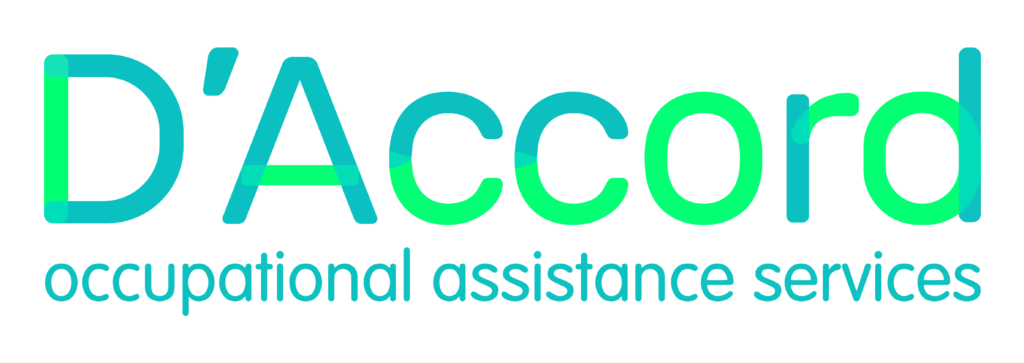Effective communication is an essential skill, especially for those of you who work in a fast-paced environment and a culturally diverse workplace, such as in Melbourne, where collaboration matters.
In fact, a recent study published in the Journal of Business and Management concludes that effective communication has a positive effect on organizational performance.
This article will serve as your guide, exploring the role of effective communication in your career, breaking down what makes communication effective, and providing practical strategies for mastering it in the unique context of a Melbourne workplace.
The Role of Effective Communication in a Professional’s Career

The ability to communicate effectively is a foundational skill that can significantly influence your professional trajectory. It goes beyond simply speaking and writing; it’s about being understood, building trust, and fostering positive relationships.
The importance of confidence in communication cannot be overstated, as it projects competence and helps you convey your ideas with conviction. Research consistently shows that strong communicators are more likely to be promoted, lead high-performing teams, and drive innovation.
This skill is also crucial for building resilience and navigating challenges, both personally and professionally. In the modern workforce, communication is not just about sharing information; it’s a tool for career progression and a key to personal success.
What are the Key Components of Effective Communication?

Before diving into practical strategies, it’s important to understand the fundamental components of effective communication. These principles apply to every interaction, whether you’re in a meeting, writing an email, or giving a presentation.
- Active Listening: This is a powerful, yet often overlooked, skill. It involves fully concentrating on what is being said, rather than just waiting for your turn to speak. Active listening means listening to understand, not just to respond. It helps you grasp the full context, including a speaker’s emotions and underlying message.
- Clarity and Conciseness: In a world of information overload, getting straight to the point is a sign of respect for other people’s time. Clear communication involves using precise language, avoiding jargon, and structuring your message logically so it is easy to follow.
- Empathy and Emotional Intelligence: The ability to understand and share the feelings of another is at the heart of all healthy interactions. Empathetic communication allows you to tailor your message to your audience, ensuring it is received in a way that resonates with them. This is especially important in high-stakes conversations or when dealing with sensitive issues.
- Non-Verbal Cues: Your body language, tone of voice, and facial expressions often speak louder than your words. Non-verbal cues can build trust and rapport or, if they are inconsistent with your message, they can cause confusion and mistrust. Being mindful of your non-verbal communication is a vital skill for building a genuine connection with others.
Strategies for Effective Communication in a Melbourne Workplace

Mastering effective communication in a dynamic city like Melbourne requires a strategic approach. It is not just about having good speaking skills, but understanding the unique context of Australia’s professional environment, which values directness, inclusivity, and a strong work-life balance.
1. Understand Your Audience and Context
Before you communicate, take a moment to consider who you are speaking to and the environment you are in. Is it a formal client meeting or an informal team chat? Are you addressing someone from a different cultural background?
Being mindful of the importance of cultural diversity will help you choose the right words, tone, and delivery style. In Melbourne, professional environments often appreciate directness, but always balanced with respect and empathy.
2. Master the Art of Active Listening
Active listening is a fundamental skill that demonstrates respect and builds trust. As a leader, it’s vital to give your full, undivided attention.
You can show that you are listening by summarizing key points or asking clarifying questions, which is especially important when a team member feels stressed or is struggling. This can help you better identify how to know if an employee is struggling and provide them with the right support.
3. Communicate with Clarity and Conciseness
In today’s fast-paced world, clear and concise communication is more important than ever. Avoid jargon, get straight to the point, and ensure your message has a clear purpose. This reduces the risk of misinterpretation and saves valuable time.
In team environments, clear communication also helps to manage expectations, define roles, and reduce ambiguity, which can be a key source of workplace stress.
4. Leverage Empathy and Non-Verbal Cues
Non-verbal communication, such as open posture, eye contact, and a calm tone, can make a significant difference in how your message is received. When dealing with difficult conversations or sensitive issues, leading with empathy is key.
This is especially true for topics like men’s mental health or other issues where you need to build trust and psychological safety. Empathy helps you build a strong rapport, which makes it easier to navigate complex conversations.
5. Use the Right Communication Channel
Choosing the right tool for the job is crucial. A complex issue should not be handled in a quick email. In-person or video calls are often the best channels for important feedback or resolving conflicts.
Conversely, instant messaging is fine for quick questions or simple updates. By using the right channel, you not only improve efficiency but also show respect for the gravity of the communication.
This approach to communication is a proactive way to avoid misunderstandings that can lead to frustration and anger management issues in the workplace.
Your Next Step to Mastering Communication Skills
Mastering communication is a continuous journey that requires ongoing practice and dedication. By focusing on listening, clarity, and empathy, you can build stronger relationships and enhance your professional reputation.
If you are a leader seeking to enhance your own communication skills or provide your team with the tools they need to succeed, structured training is an invaluable investment.
Ready to elevate your team’s communication skills and build a more resilient workforce? Explore D’Accord OAS’s customized Training & Workshops designed to accelerate professional development. Contact us today to discuss your organization’s growth strategy.
Frequently Asked Questions (FAQs) About Effective Communication
Here are the most frequently asked questions from professionals in Melbourne related to effective communication:
1. What is the meaning of effective communication?
Effective communication is the ability to share information clearly, concisely, and with empathy so that it is fully understood by all parties. It involves not just speaking, but also active listening and non-verbal cues to build trust and prevent misunderstandings.
2. Why is effective communication important for professionals in Melbourne?
For Melbourne professionals, effective communication is crucial for building stronger team dynamics, fostering a positive workplace culture, and enhancing productivity. It helps individuals navigate diverse professional environments, resolve conflicts, and advance their careers.
3. Is there any training or workshop in Melbourne to help with communication skills?
Yes. Professional Training & Workshops are a highly effective way to master communication skills. D’Accord OAS offers customized workshops in Melbourne, designed to equip individuals and teams with practical skills in communication, leadership, and emotional intelligence.











